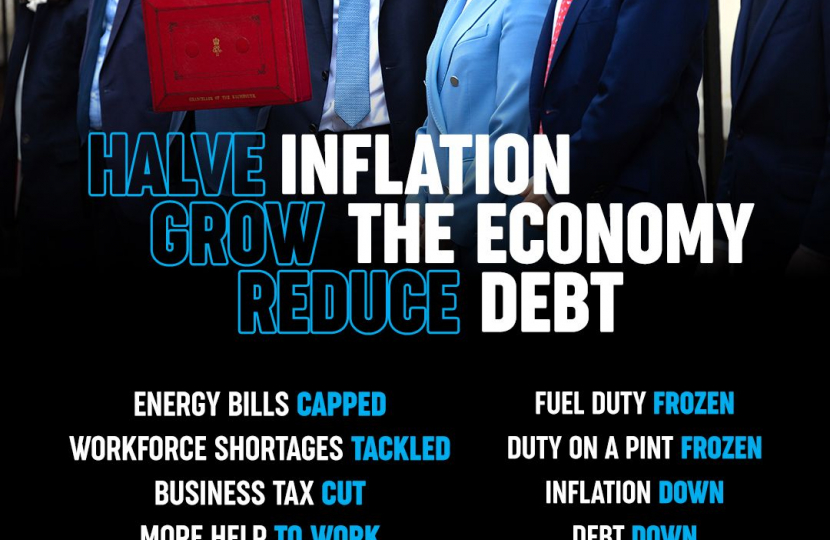
Last week, the Chancellor delivered his first major budget. The key announcement was a new £4bn package of support to enable parents to access 30 hours of free childcare a week. This will be very welcome to those parents who want to return to work but struggle with the costs of childcare, however, in my view, it is only half a policy, and I would also like to see more done to modernise the tax system so that it supports families better and supports the choices that parents and, in particular, mothers make.
The Chancellor cited a poll that showed that 50 per cent of mothers would return to work if they could afford to, and that 50 per cent of mothers would choose to spend those first few precious years with their child if they could afford to. We should value their choice and support them too.
The truth is that many mothers—many parents—return to work because they cannot afford not to; because there is a relentless cultural pressure that suggests that they must and because they have concerns about losing their footing on the career ladder. It is a sorry state of affairs that our society does not value motherhood more than it does, and the term “stay-at-home mother” is today almost a derogatory one.
At the moment, if a parent chooses to stay at home to look after their own child, not only do they not get any support, but they have their tax-free allowance confiscated by the Treasury. The answer would be to make that tax allowance transferable so that if one parent in a household works while the other looks after their child, their tax-free allowance can be transferred to the working partner to help with the costs of raising a family within a household.
The driver behind the current one-sided policy is a weakness in the way "growth" is measured by economists. Not everything that counts can be counted, so a mother who looks after her own child is deemed "economically inactive" but a mother who puts her own child into childcare and then gets paid to look after someone else's child is suddenly deemed "economically active". At the end of the day, you still have two children being looked after by adults. The "growth" in GDP is no more than an illusion. All you have really done is capture the social capital that is inherent in motherhood and monetised it and forced it into a box where is can be measured by bean counter economists.
Other countries like France have a much more progressive tax system which supports families by having a larger tax-free allowance for families with children to help them manage the additional costs their household faces and we should do the same. Before he became Prime Minister, David Cameron advocated policies to support the family including a transferable tax allowance and also making it easier to recognise and reward the role of grandparents. He was on to something, and we should continue to pursue reform and modernisation of the tax system so that it recognises the family. Rather than allowing economists and their distorted calculation of GDP to drive policy, we should remove this policy from the realm of economics and set a policy that has the objective of supporting families and strengthening society. If you get that bit right, the economics will take care of itself.
The response to my speech has been interesting. Many women have contacted me to say how much they agree and how refreshing it is to hear a politician value motherhood in this way, but there have also been some aggressive lobby groups who have wilfully twisted what I have said to turn it into some sort of artificial gender rights argument and perpetuated their lies in the echo chamber of social media. Despite this tendency in modern media, it is important for politicians to address these issues and bring thought and consideration to the debate.

